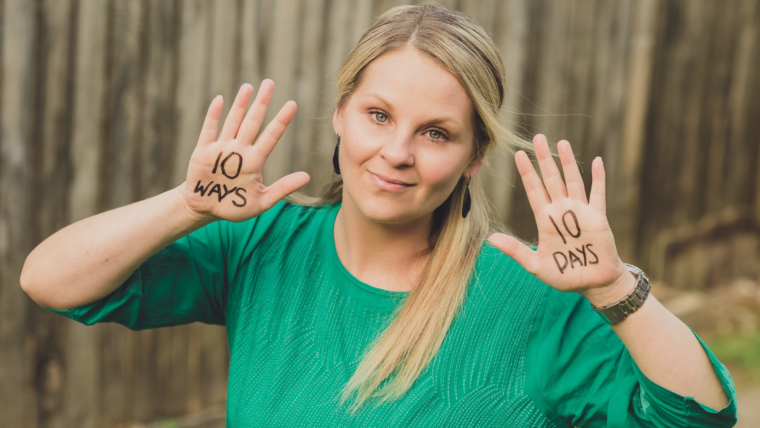
Earlier this month, 22-year-old Japanese tennis star Naomi Osaka defeated Belarusian Victoria Azarenka to win the 2020 U.S. Open Women’s Singles title, her second triumph at the annual Grand Slam. The previous time was in 2018, when Osaka suffered the agony of victory against one of her idols, Serena Williams.
Like most success stories, Osaka’s admission into the tennis royal family didn’t happen overnight. She started playing tennis at the age of three. Entrepreneurs can learn a lot from her mental toughness, which can be broken down into three key principles. Let’s take a look at each one and how they can apply to your business.
1. There’s no such thing as second-best
In the third grade, Osaka penned a letter to her Williams about how much she looked up to her. After her 2018 U.S. Open semifinals win, she commented, “I was just thinking, I really want to play Serena.”
When you were a kid, it was a thrill to beat mom or dad at anything. It could’ve been a video game, a board game, hide-and-seek, whatever. You played to win, but you also played for their approval. You wanted to make them proud. It is a natural progression for a padawan to want to become a Jedi. Think Kobe vs. Michael, Steve Jobs vs. Michael Hewlett , Schooling Joseph vs. Michael Phelps, etc. Competing was not enough for Osaka. She had to be the best. There was no other option.
You’ve heard different variations of this mentality. Tony Robbins refers to it a “burning the boats.” Will Smith has called it having “no plan B.” However you reference it, it equates to one thing: being non-negotiable with the outcome you expect.
If you are going into your entrepreneurial endeavour with one foot in and the other foot out, don’t even bother. “Trying” a new business has resulted in more failures than bankruptcy ever has. If you’re going to do something, commit to it wholeheartedly.
2. The any-given-day-mentality
Osaka oozes authenticity. Her post-match conferences are honest, unscripted and mostly brief. She is comfortable in her own skin admitting when she’s nervous or even star-struck. She’s also aware that on “any given day,” an opponent can lose. So can she. No one bats 1.000, and it’s that sliver of opportunity that she exploits.
In business, there is no 100 percent approval rating, and there is always room to improve. This is why Walmart, Amazon, Google, Netflix, Disney and Facebook invest millions of dollars in research and development of new ideas. No one is too big to fail.
As an entrepreneur, this can be comforting, as it represents opportunity for you. Put out the best product you can. Provide the best service you can. Keep doing your best even when no one is looking. When the leader in your market slips and falls, you’ll be ready. Treat every day, every customer and every client, as an opportunity to chip away at your competitor’s market share. This also means that when you are the big dog, you can’t rest on your laurels either.
3. Be selective about your team members
In early 2019, Osaka parted ways with her coach, Sascha Bajin, news that shocked the tennis world. Bajin was an integral part of her meteoric rise from being ranked number 68 to number one. Some suspected it was over money or contract disputes, but Osaka contends that she was no longer happy and that she would not sacrifice her happiness over success. To this day, she says nothing negative about her former coach and maintains that she only wants to surround herself with positive people.
As an entrepreneur, you need to be selective about who you allow in your tribe. You will be tempted to hire or align yourself with someone who has exceptional skills and a poor attitude over someone with an amazing attitude but less skilled. Hire based on attitude. A negative mindset is contagious. So is a positive one. If a candidate lacks skill, have them take additional courses to learn what it is you need them to do. Chances are, they will see your invitation to improve their resume as an opportunity, and your organization will benefit from it in the long run.
Many entrepreneurs compare business to sports, and it’s no wonder. It takes a powerful mindset to succeed in both. Hopefully, you’ll incorporate the same three rules that Naomi Osaka has used to become the world’s first Japanese tennis champion into your business or entrepreneurial endeavour.





